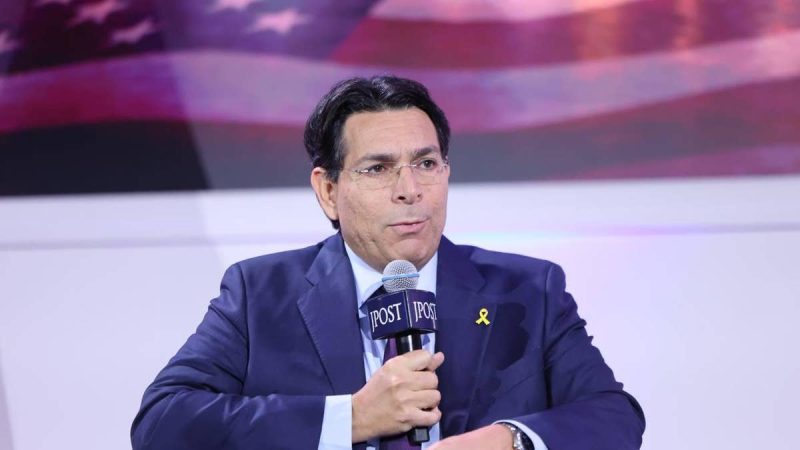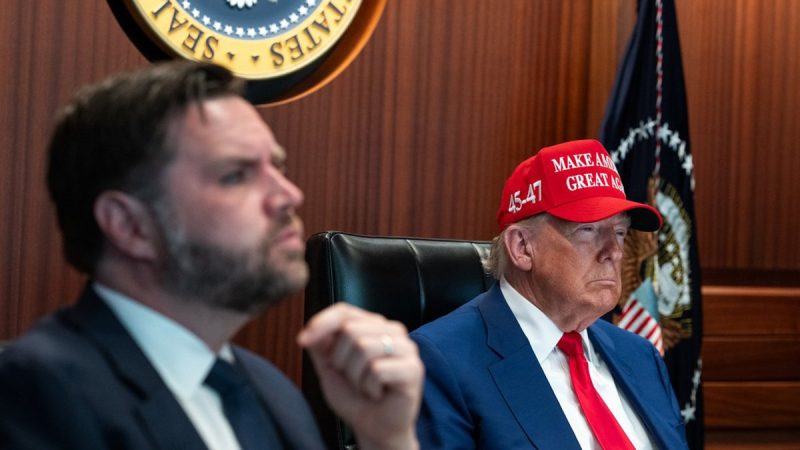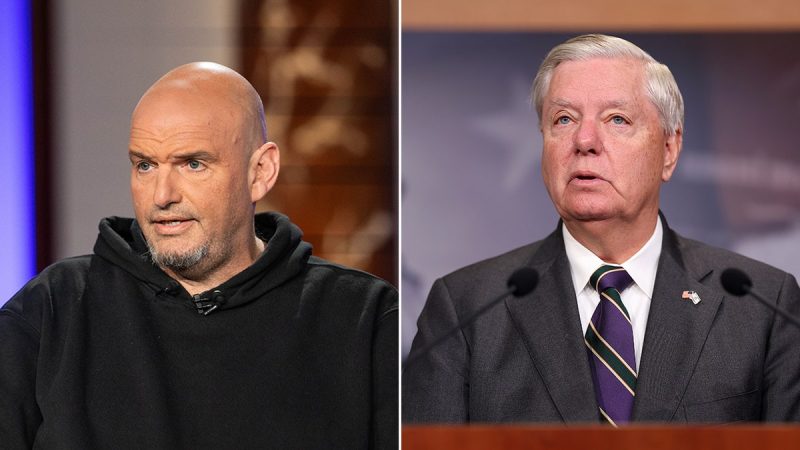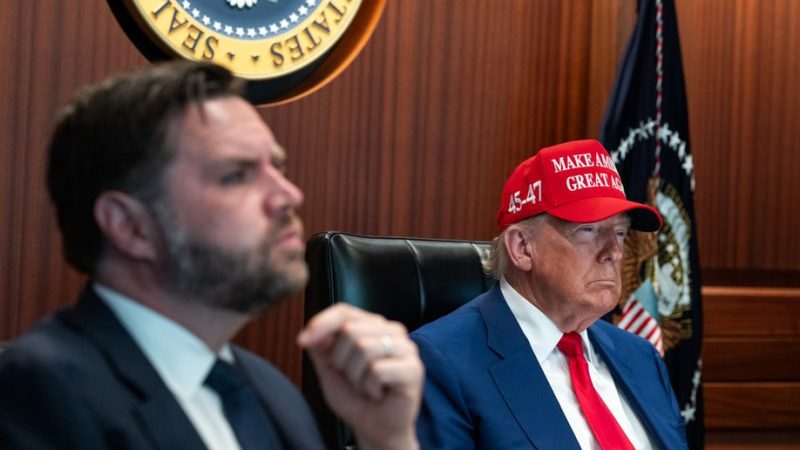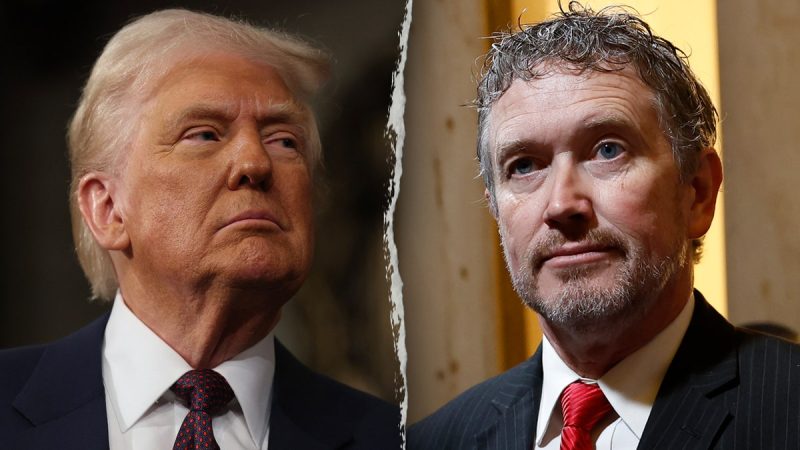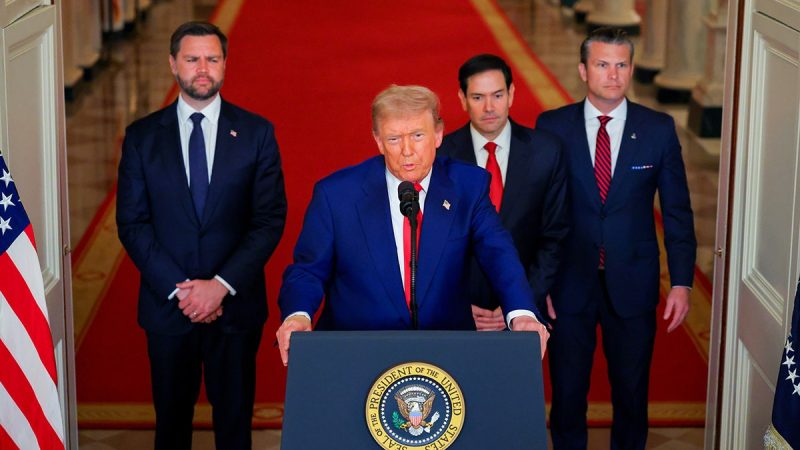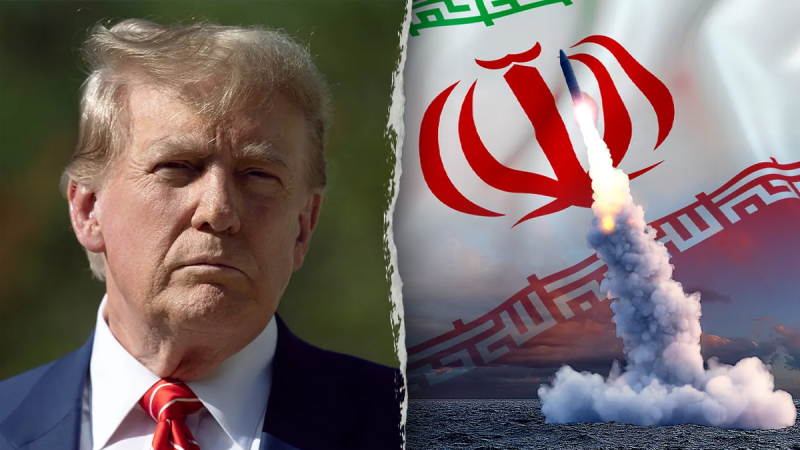

Gold was on the decline this week, closing just below US$3,370 per ounce, after tensions in the Middle East pushed it past the US$3,430 level toward the end of last week.
All eyes were on the US Federal Reserve, which in a widely expected move left interest rates unchanged on Wednesday (June 18) following its two day meeting. The central bank cut rates in December 2024, but has kept them steady for its last four gatherings.
US President Donald Trump wasn’t pleased, calling Powell ‘too late’ in a Thursday (June 19) post on Truth Social. While speculation that Trump will fire Powell has died down, the president did recently say he intends to announce his next pick for the Fed leader position ‘very soon.’
Of course, Fed meetings are never just about rate decisions — experts often look to Powell’s post-meeting commentary to read between the lines of what’s said (and not said).
Tariffs were definitely in focus this time around, with Powell emphasizing that it’s still soon to tell how much of an impact they will have and how the Fed should react.
‘We have to learn more about tariffs. I don’t know what the right way for us to react will be. I think it’s hard to know with any confidence how we should react until we see the size of the effects’ — Jerome Powell, US Federal Reserve
Chris Temple of the National Investor, who offered another perspective on Powell’s comments.
He noted that while Powell didn’t say the Fed is going to abandon its 2 percent inflation target, it may be leaning in that direction. This is what he said:
The consensus still — although it was extremely close — is barely still for two 25 basis point rate cuts in the balance of 2025. Whether we get them or not, who knows, (but) that’s the current snapshot, which may well change. But that’s against a backdrop of admitting for the second SEP, summary of economic projections … in a row that inflation is going to continue to move back higher — that we’ve seen the best numbers for inflation — at the same time that GDP slows a bit.
So okay, you just told us that your favored inflation number, which is a lot of smoke and mirrors to begin with, is going to go back up to north of 3 percent, which is what they said yesterday. And yet you still — the consensus is you’re going to lower interest rates twice in 2025? So he did everything but come right out and admit that the 2 percent inflation target isn’t going to be reached.
Stay tuned to our YouTube channel for the full interview with Temple.
Bullet briefing — Silver hits 13 year high, SPUT raising US$200 million
Is silver’s price rise real?
Gold has stolen the precious metals spotlight in 2025, but this month silver is shining.
The white metal has been on the rise since the beginning of June, and this week it broke the US$37 per ounce mark for the first time in 13 years.
While silver is known to lag behind gold before playing catch up, it’s also known for its volatility. Its move has created excitement, but market participants are also wary of a correction.
When asked what factors are driving silver, Peter Krauth of Silver Stock Investor he said he sees a ‘perfect storm’ emerging. Here’s how he explained it:
You’ve got the macroeconomic picture that is I think certainly bullish for silver, like it is for gold and a lot of the other commodities. But I think at the same time you’ve got the market kind of coming to terms with the fact that silver is in a deficit, (and) it’s unlikely to be able to rectify that deficit for several years — in fact, the Silver Institute thinks we’re going to see record deficits at some point over the next five years.
And silver supply is unable to grow. We saw a peak 10 years ago in mined silver, and overall silver supply is essentially flat.
So flat supply, growing demand — demand that’s nearly 20 percent above supply — and our ability to meet those deficits is shrinking because we’re tapping into these aboveground stockpiles that have shrunk by about 800 million ounces in the last four years, which is the equivalent of an entire year’s mine supply. So it’s the perfect storm, it’s really all coming together. And I think that the market’s realizing that.
But does that necessarily mean silver is ready for a big breakout? Krauth has a target of US$40 by the end of 2025, but said silver could potentially go 10 percent above that.
For his part, Jeffrey Christian of CPM Group attributes the silver price boost to increased demand from investors, especially when it comes to exchange-traded funds and wholesale products.
He’s projecting a bumpier path forward for the metal:
You also have — the last time I looked it was like 490 million ounces of open interest in the July Comex futures contract. And that’s two weeks from first delivery. So most of the people (who) have those shorts – those are hedges of their physical inventories. They keep those hedges in place, but they roll them forward. So they’ll be buying back their Julys and selling September futures to keep that hedge in place with the next active futures contract. That buying back of the Julys could push silver prices higher.
So if you really want to talk granular prices, we wouldn’t be surprised to see the price of silver fall to US$33, US$34 an ounce, and go up to US$40 an ounce and then back to US$33 an ounce over the next four weeks.
Click the links above to watch the interviews with Krauth and Christian.
SPUT raising US$200 million
The uranium spot price made moves this week after the Sprott Physical Uranium Trust (TSX:U.U,OTCQX:SRUUF) announced a US$100 million bought-deal financing on Monday (June 16).
It was bumped up to US$200 million the same day due to strong demand.
Spot uranium has been in a consolidation phase since hitting triple-digit levels in early 2024, creating frustration among those who are waiting for the industry’s strong long-term fundamentals to be better expressed. This week’s move past US$75 per pound has helped reinvigorate investors.
Securities Disclosure: I, Charlotte McLeod, hold no direct investment interest in any company mentioned in this article.



